HP claims that Perfect Output is good for "reformatting and reorganizing content to fit perfectly on the page the first time" and that the feature "can detect unwanted content, like ads and web text, printing only the desired text and images, saving time, paper, and ink.”
I think well-executed features like how HP describes Perfect Output could make people more interested in printing. These days, printing is associated with numerous frustrations. Getting rid of some of those pain points and refreshing printers' reputation could rebrand printing into an easy task instead of annoying chore that you can probably avoid.
To be clear, I haven’t used Perfect Output myself. I don't know if the beta works like it's supposed to or if any final product will be worthwhile. I also don't know if HP might try to use HP Print AI to gather data on its users or push people to connect their printers to the web. Those are both feasible possibilities that could contribute to Perfect Output being a really bad product.
But in a rare occurrence, this feature at least has an obvious purpose and audience and seems intuitive enough to drive simplicity, compared to the unnecessary complexities often associated with printers.
And to be extra, extra clear, I’m in no way campaigning for more AI marketing in tech. Like many, I’m getting fatigued of AI marketing hype. I don’t think we need a flood of AI-driven capabilities to make the age-old task of printing cool. And I'd need my questions around privacy, and other concerns, to be answered before using any new features.
But the truth is, I don't care how exactly the feature is branded. If it's a secure, easily navigable feature logically built around improving or simplifying printing, I think printer users (and businesses) stand to benefit.
HP has missed the mark on printing innovation before
Perfect Output isn’t the only recent announcement from HP framed as a way to make things easier for printer customers. But many of HP's other efforts haven’t gone over well with customers and/or are arguably more about building recurring revenue than customer satisfaction.
In February, for example, HP announced a printer rental program. HP said the program would make it easier for families and small businesses to have the supplies needed for printing but without the complications or responsibility. But it came with a creepy requirement of connecting the printers online or else be charged.
HP has also been criticized for HP+, a program that HP says provides benefits like a "connected cloud that automatically detects and fixes connectivity issues" and a trial to HP's ink subscription program. However, critics have highlighted the restrictive requirement for third-party ink for the entire lifespan of the printer. In July, HP discontinued many HP+ printers.
A better printer company
Amid a stagnant market and evolving customer demand, we've seen printer companies nickel-and-dime longstanding customers and try to convince them that their devices suddenly need expensive add-ons and proprietary accessories. But in order to convince people that printers are still reliable, accessible conveniences, a better printer company would find new avenues to improve printing in a real, tangible way.
There’s only so much that a company like HP can do about the industry's decline. Maintaining printing's remaining customers should center around new features that ensure customers are tended to like assets with evolving needs, not gullible wallets.
I remain skeptical about Perfect Output being perfect upon public release. But ideas like this are the type of thing that I'd like to see more of from printer companies troubled by their shrinking business market.


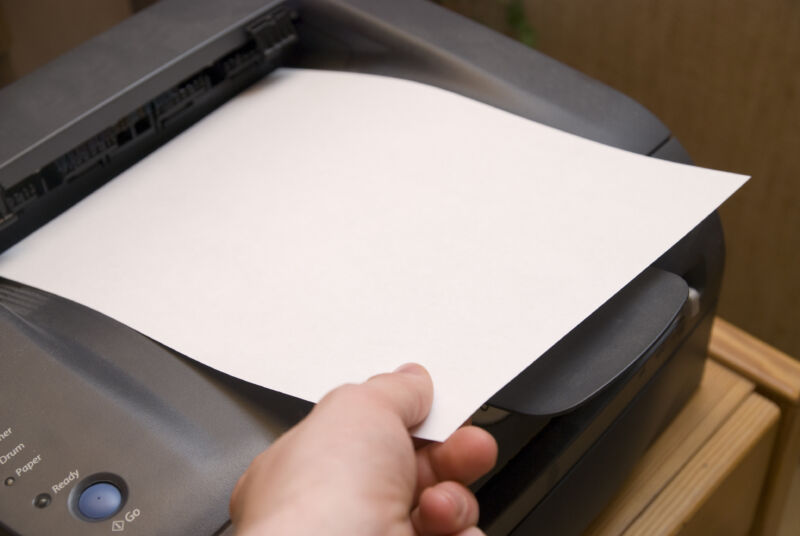

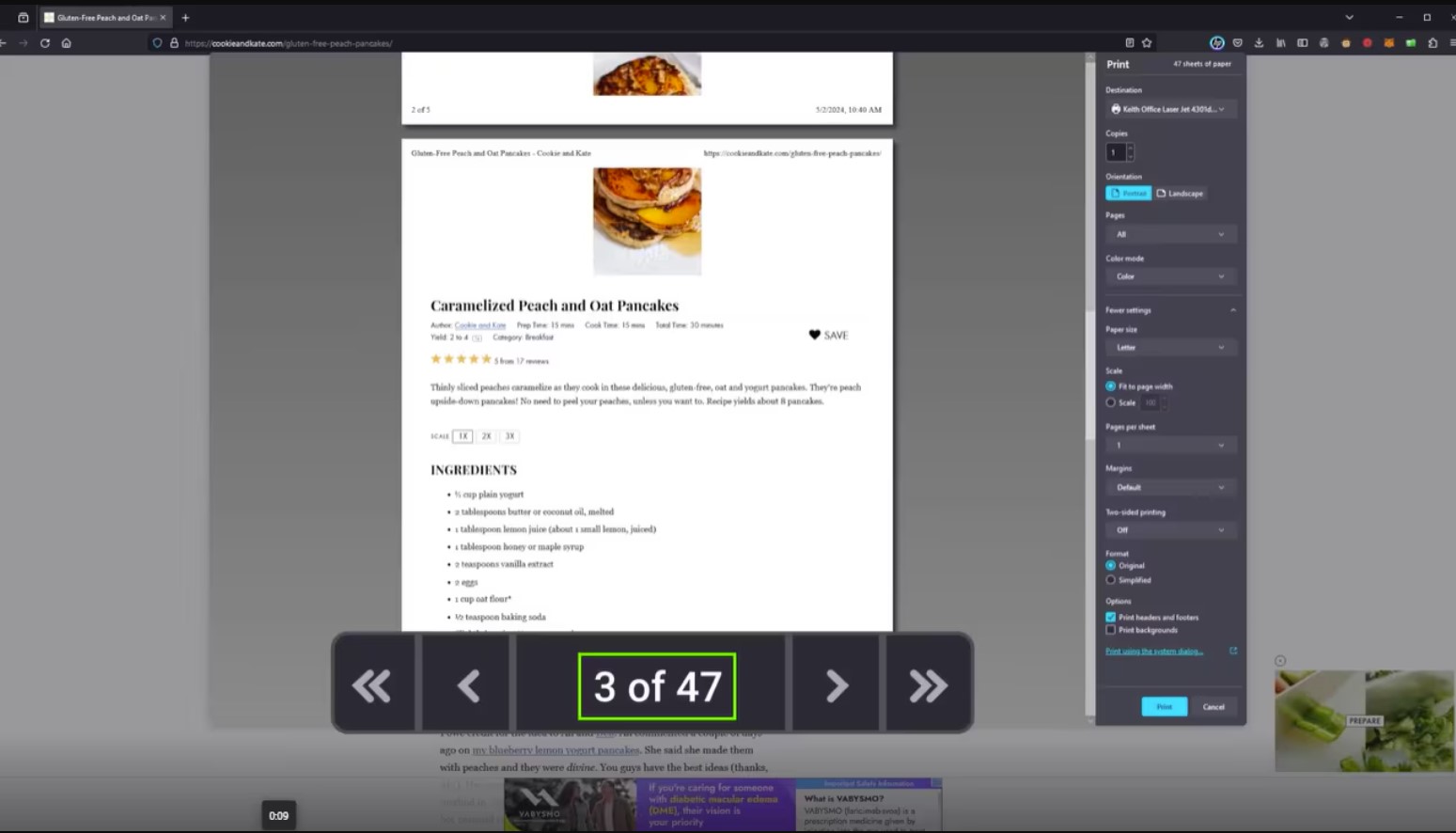
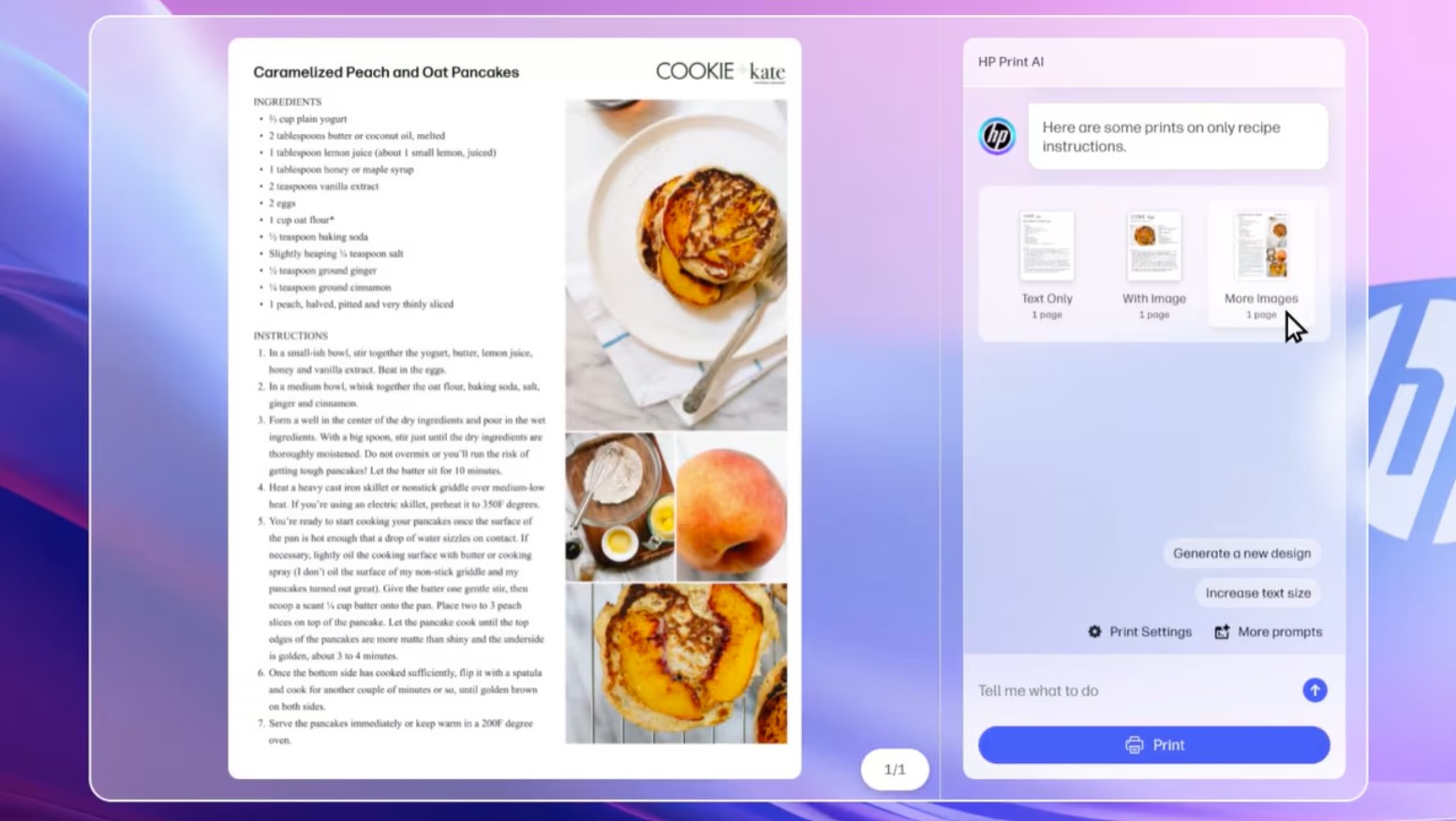
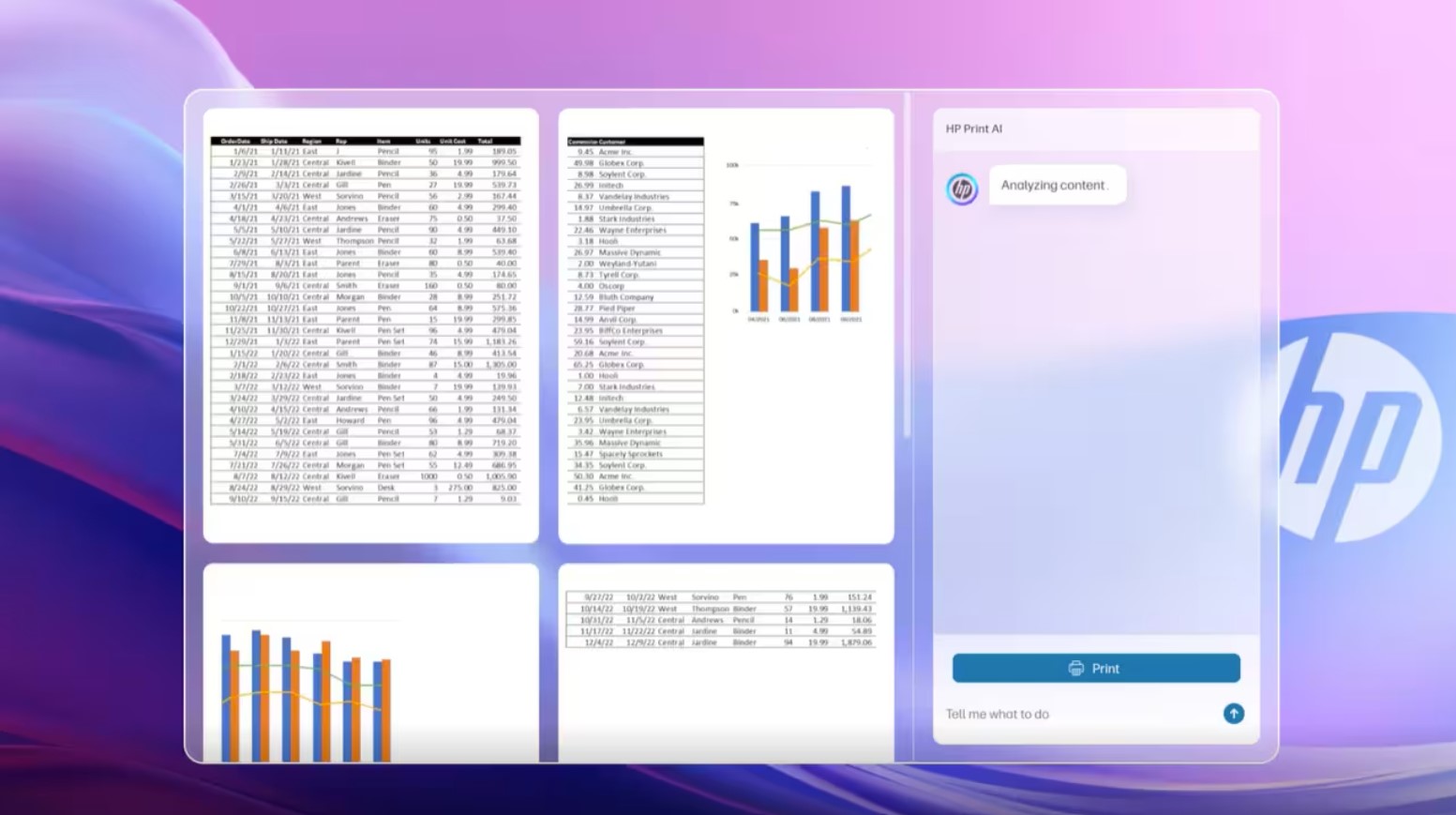
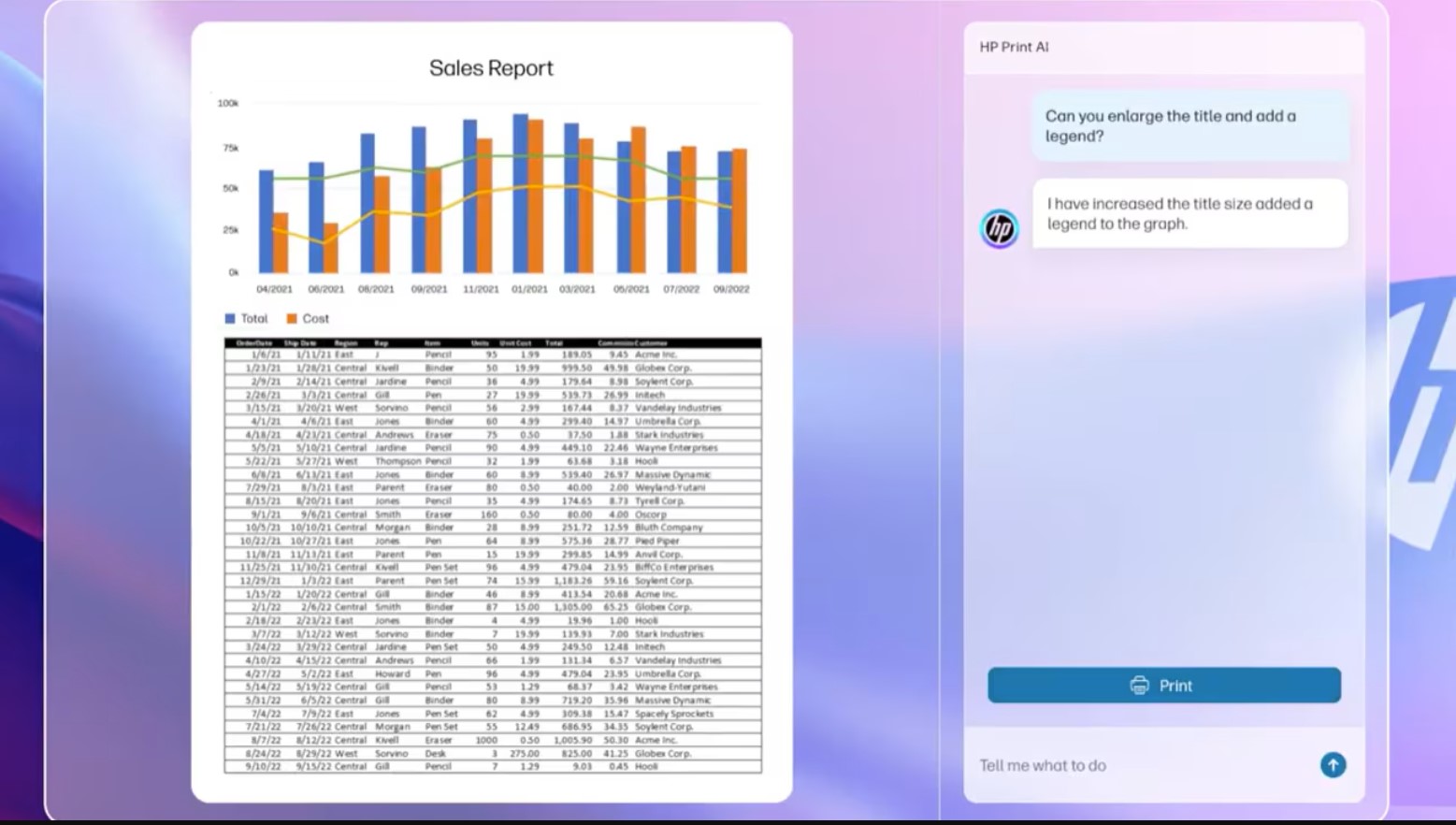








Comments